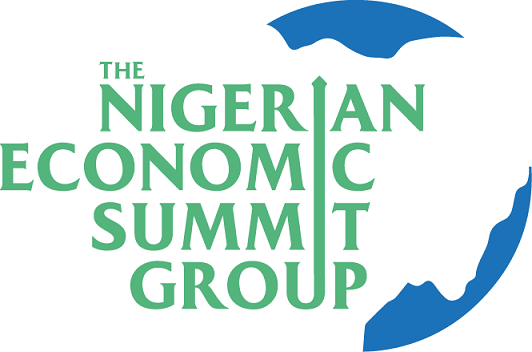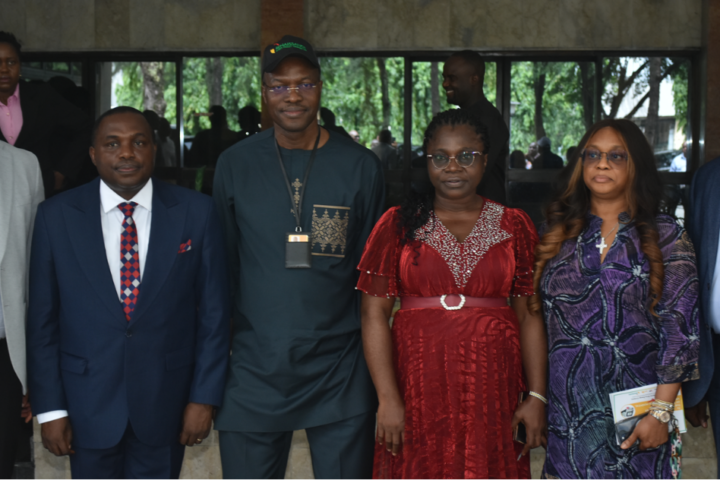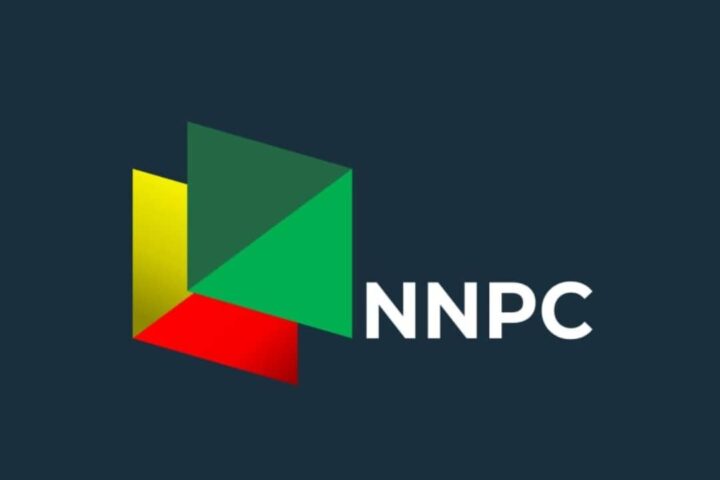
Nigeria Must Strengthen Healthcare Regulatory Institutions-NESG
Nigeria Must Strengthen Healthcare Regulatory Institutions-NESG Mohammed Shosanya The Nigerian Economic Summit Group (NESG) has advocated the need to strengthen healthcare regulatory bodies in Nigeria. The group gave the advice at a
















